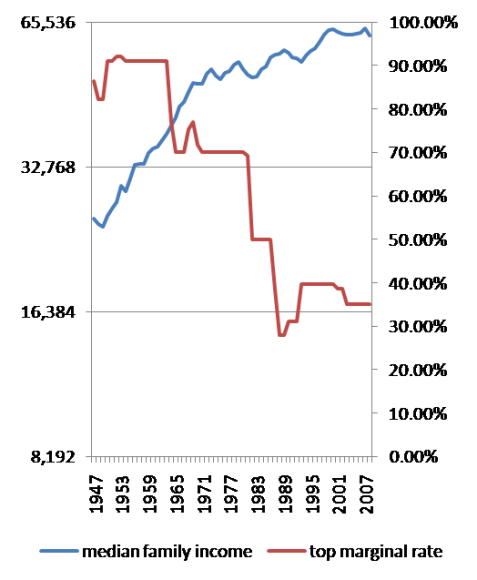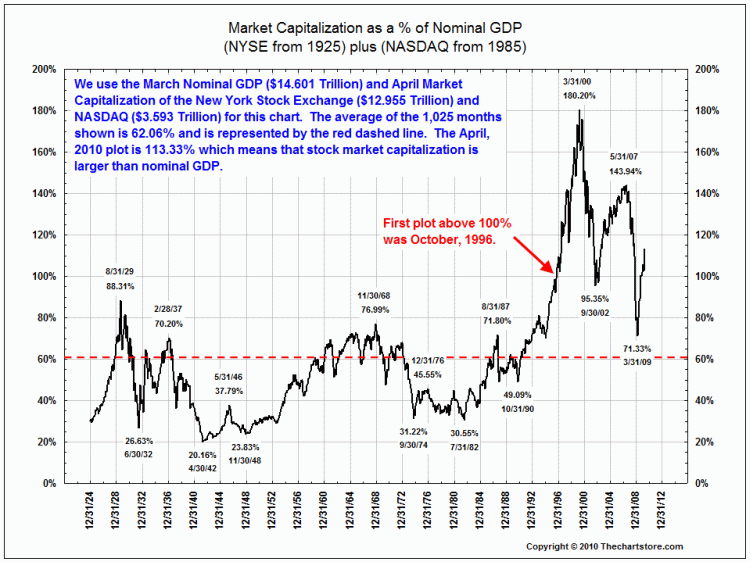Thomas Friedman always seems to find a clear way to put things.
It took almost the entire press conference at the White House on Thursday for President Obama to find his voice in responding to the oil disaster in the gulf — and it is probably no accident that it seemed like the only unrehearsed moment. The president was trying to convey why he takes this problem so seriously, when he noted:
“When I woke this morning and I’m shaving and Malia knocks on my bathroom door and she peeks in her head and she says, ‘Did you plug the hole yet, Daddy?’ Because I think everybody understands that when we are fouling the Earth like this, it has concrete implications — not just for this generation, but for future generations. I grew up in Hawaii where the ocean is sacred. And when you see birds flying around with oil all over their feathers and turtles dying, that doesn’t just speak to the immediate economic consequences of this; this speaks to how are we caring for this incredible bounty that we have. And so sometimes when I hear folks down in Louisiana expressing frustrations, I may not always think that their comments are fair. On the other hand, I probably think to myself, ‘These are folks who grew up fishing in these wetlands and seeing this as an integral part of who they are.’ And to see that messed up in this fashion would be infuriating.”
And a child shall lead them. ...
As Friedman points out, "A disaster is an inexcusable thing to waste." yet this is the second one Obama has let go. He failed to use the financial metldown to get meaningful reform of the bankers. Now he is failing to use the oil spill to get meaningful carbon reform.
Maureen Dowd
criticizes Obama as "President Spock."
Once more, he has willfully and inexplicably resisted fulfilling a signal part of his job: being a prism in moments of fear and pride, reflecting what Americans feel so they know he gets it. …
Even more than with the greedy financiers and arrogant carmakers, it was important to offend and slap back the deceptive malefactors at BP.
Obama and top aides who believe in his divinity make a mistake to dismiss complaints of his aloofness as Washington white noise. He treats the press as a nuisance rather than examining his own inability to encapsulate Americans’ feelings.
“The media may get tired of the story, but we will not,” he told Gulf Coast residents when he visited on Friday. Actually, if it weren’t for the media, the president would probably never have woken up from his torpor and flown down there.
Instead of getting Bill Clinton to offer Joe Sestak a job, Obama should be offering Clinton one. Bill would certainly know how to gush at a gusher gone haywire. Let him resume a cameo role as Feeler in Chief. The post is open.
I don't like excessive emotion. I'm not a fan of melodrama or of acting the role of the victor, the victim, or the righteous. But it's not wrong to show emotion when emotion is appropriate. In this case we need (and expect our President to show) anger (at BP), grief (at the fate of the Gulf), compassion (for the human and non-human suffering), and determination ((a) that justice will be done to the extent possible (b) to stop the leak as soon as possible and (c) to do what we can to prevent it from happening again).

















